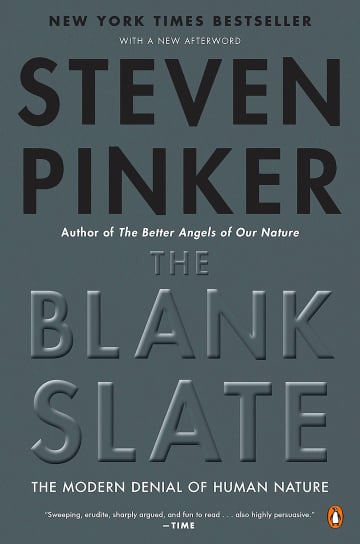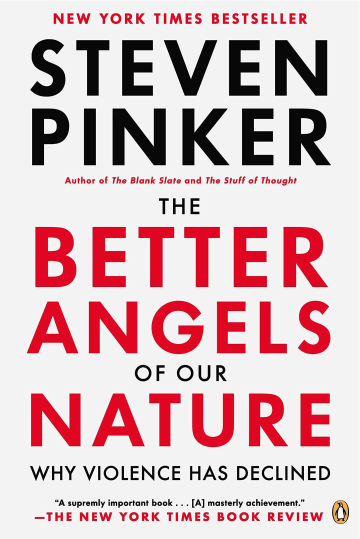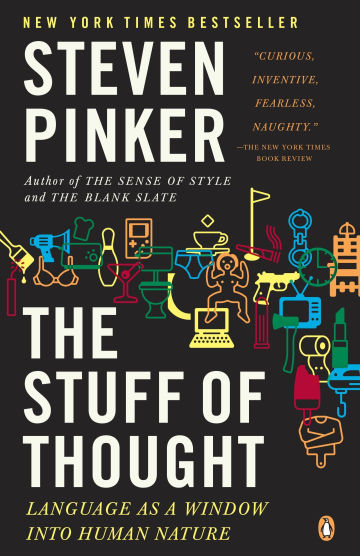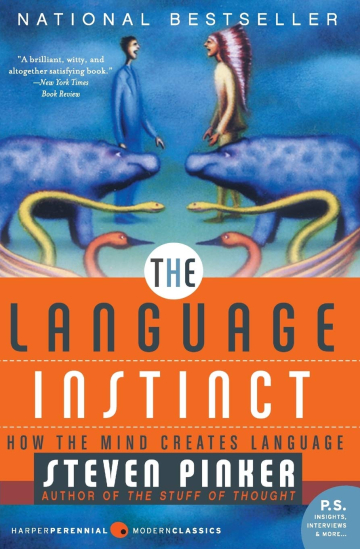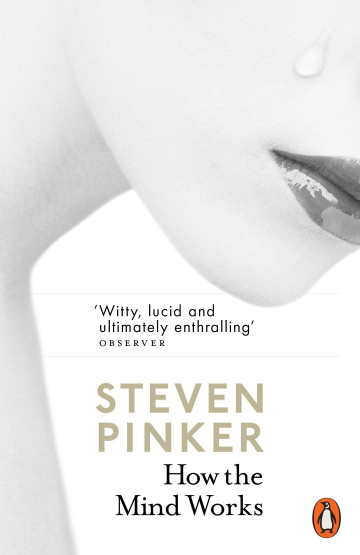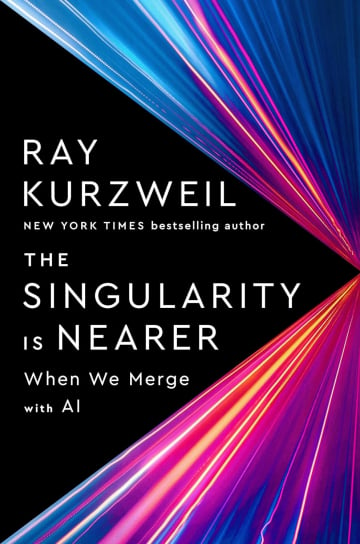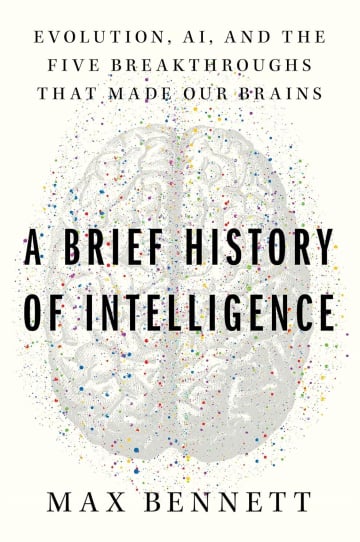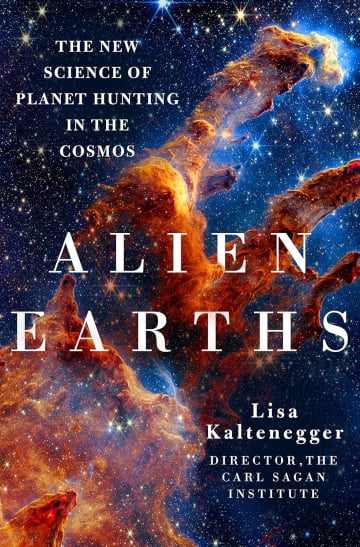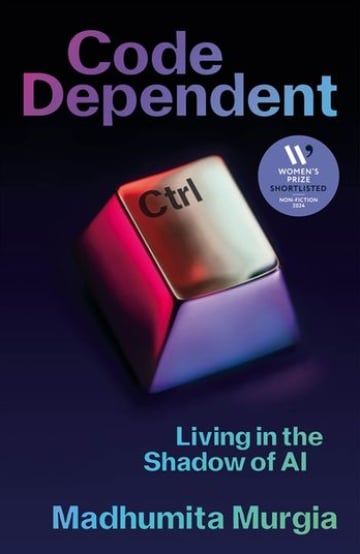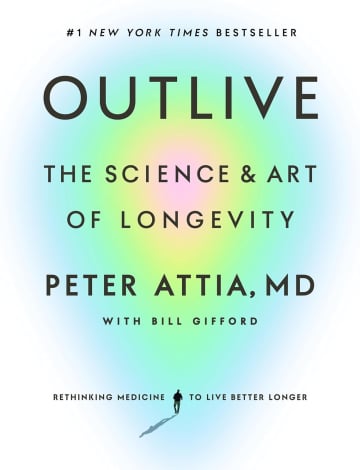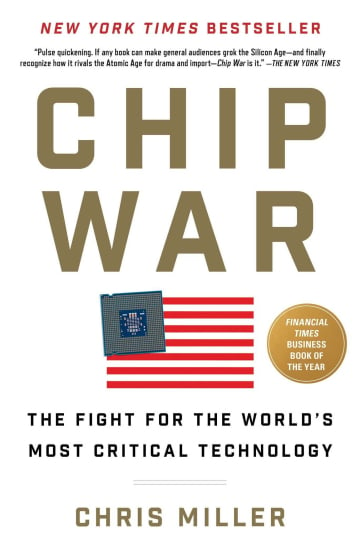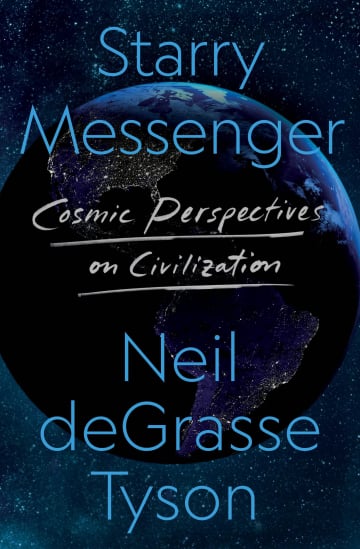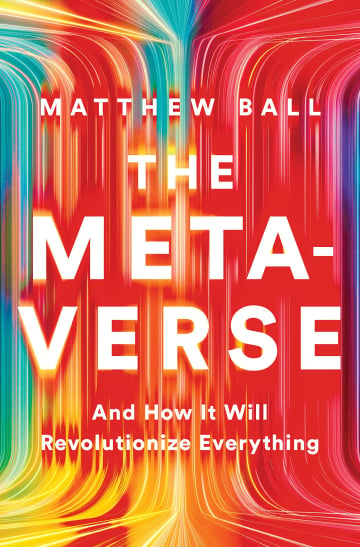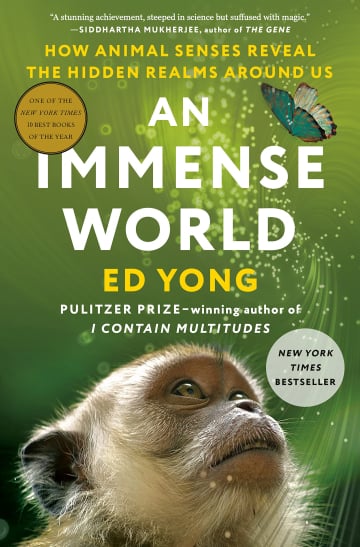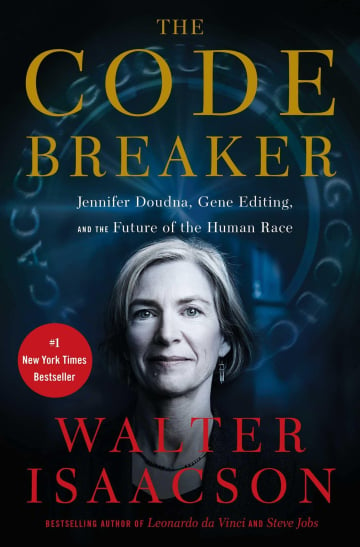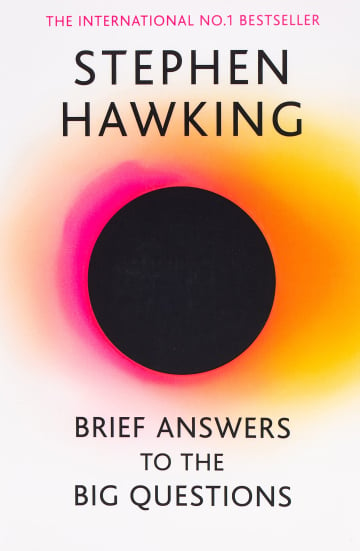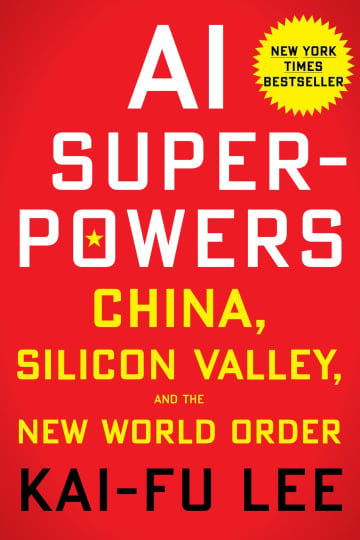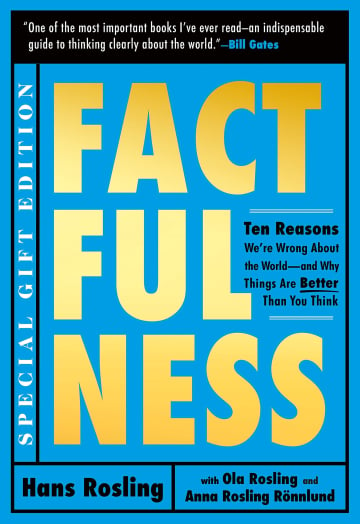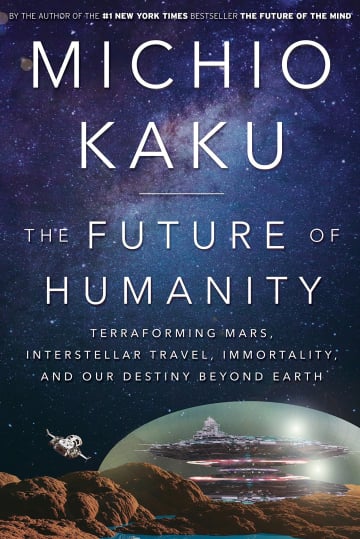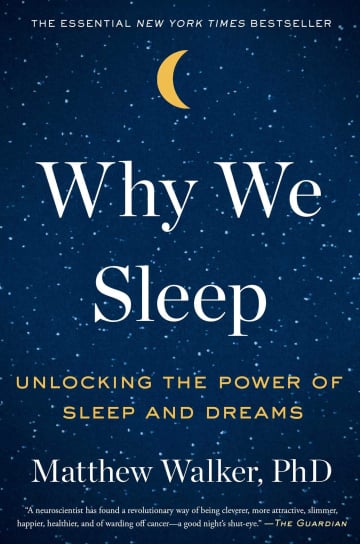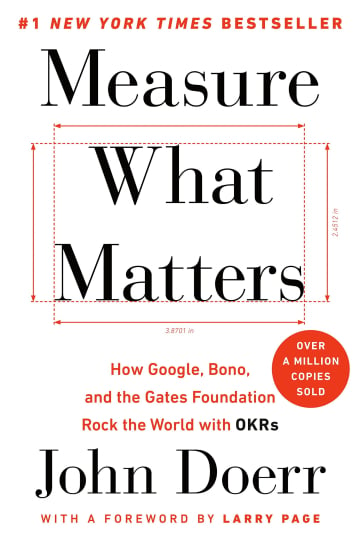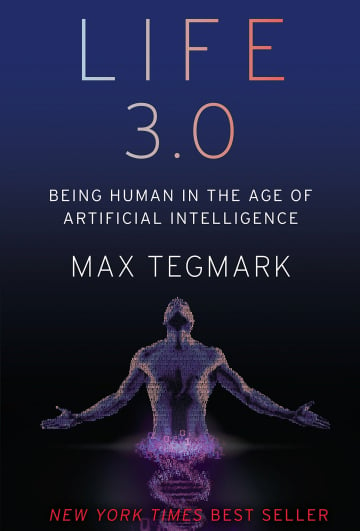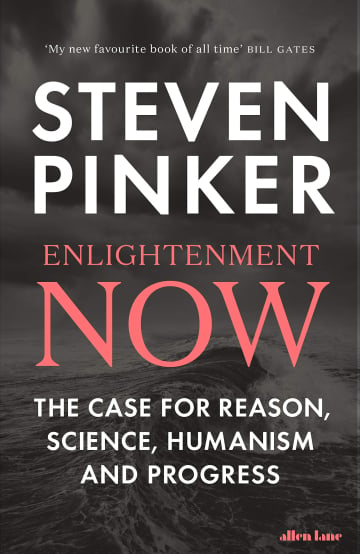
Enlightenment Now: The Case for Reason, Science, Humanism, and Progress
⚡️ 8 Quotes from the book
“And here is a shocker: The world has made spectacular progress in every single measure of human well-being. Here is a second shocker: Almost no one knows about it.”
“Our greatest enemies are ultimately not our political adversaries but entropy, evolution (in the form of pestilence and the flaws in human nature), and most of all ignorance—a shortfall of knowledge of how best to solve our problems.”
“The Gross World Product today has grown almost a hundredfold since the Industrial Revolution was in place in 1820, and almost two hundredfold from the start of the Enlightenment in the 18th century.”
“The Enlightenment has worked—perhaps the greatest story seldom told. And because this triumph is so unsung, the underlying ideals of reason, science, and humanism are unappreciated as well. Far from being an insipid consensus, these ideals are treated by today’s intellectuals with indifference, skepticism, and sometimes contempt. When properly appreciated, I will suggest, the ideals of the Enlightenment are in fact stirring, inspiring, noble— a reason to live.”
“A student in the audience raised her hand and asked me: “Why should I live?” The student’s ingenuous tone made it clear that she was neither suicidal nor sarcastic but genuinely curious about how to find meaning and purpose if traditional religious beliefs about an immortal soul are undermined by our best science.”
“We take its gifts for granted: newborns who will live more than eight decades, markets overflowing with food, clean water that appears with a flick of a finger and waste that disappears with another, pills that erase a painful infection, sons who are not sent off to war, daughters who can walk the streets in safety, critics of the powerful who are not jailed or shot, the world’s knowledge and culture available in a shirt pocket. But these are human accomplishments, not cosmic birthrights.”
“Even the mere requirement to explicate an opinion can shake people out of their overconfidence. Most of us are deluded about our degree of understanding of the world, a bias called the Illusion of Explanatory Depth.”
“As we care about more of humanity, we’re apt to mistake the harms around us for signs of how low the world has sunk rather than how high our standards have risen.”
Related videos
Follow the author

Steven Pinker is a Canadian cognitive psychologist and psycholinguist. He is the Johnstone Professor of Psychology at Harvard and has also taught at Stanford and MIT. A member of the National Academy of Sciences, Pinker is a two-time Pulitzer Prize finalist and Humanist of the Year, and holds nine honorary doctorates. He has been named one of Foreign Policy’s “World’s Top 100 Public Intellectuals” and Time’s “100 Most Influential People in the World.”
Publications
The Guardian: Enlightenment Now by Steven Pinker review – life is getting better
Harvard Magazine: Can Science Justify Itself? Steven Pinker defends science from modern-day foes.
Ask Albert:
Rate the book
⚡️ Discover Even More Bookish Wisdom
recommends
recommends
recommends
recommends
recommends
